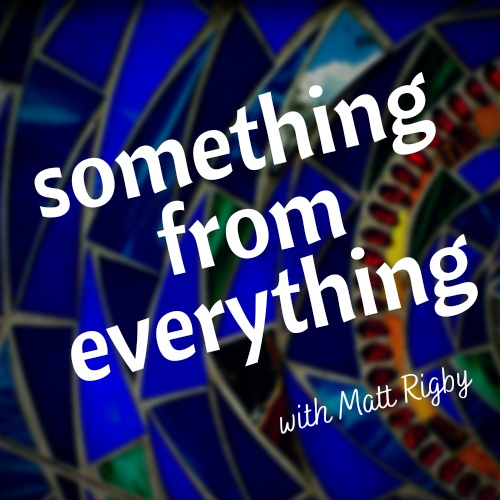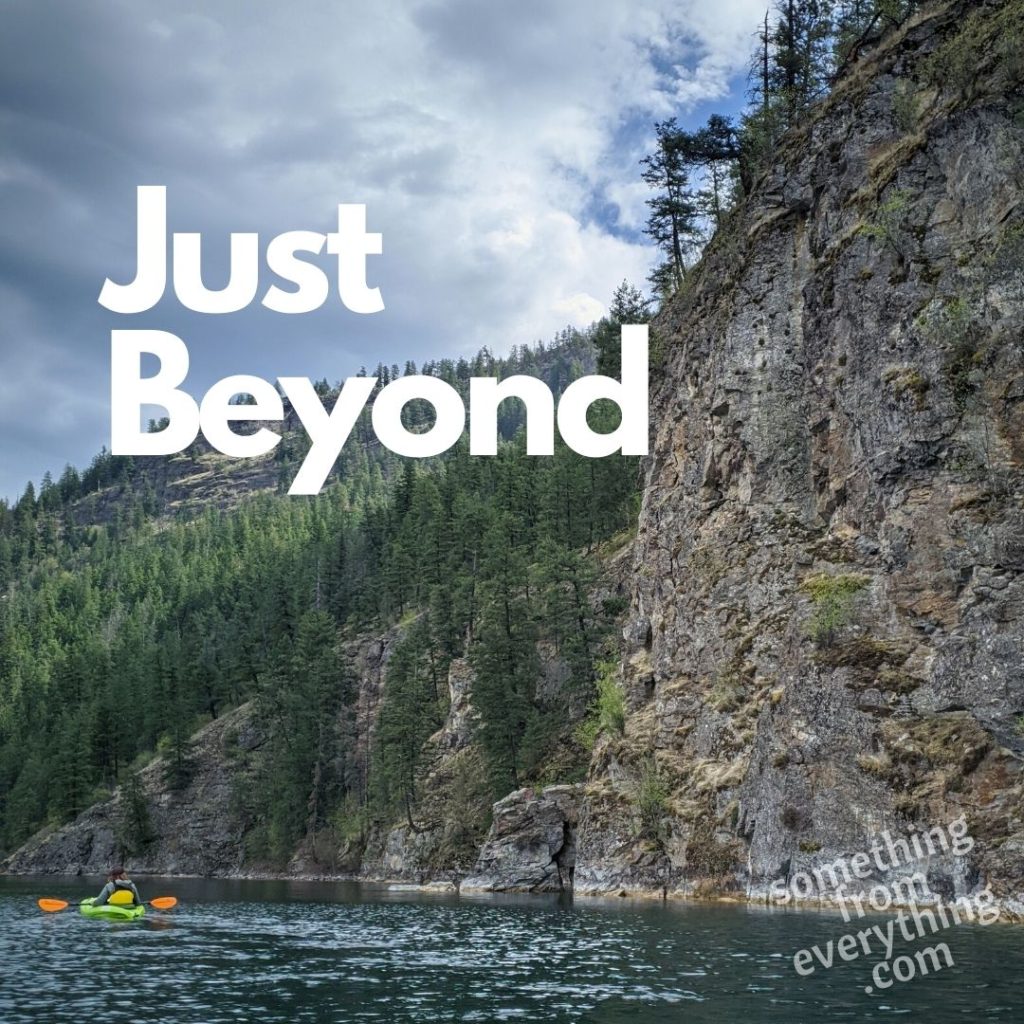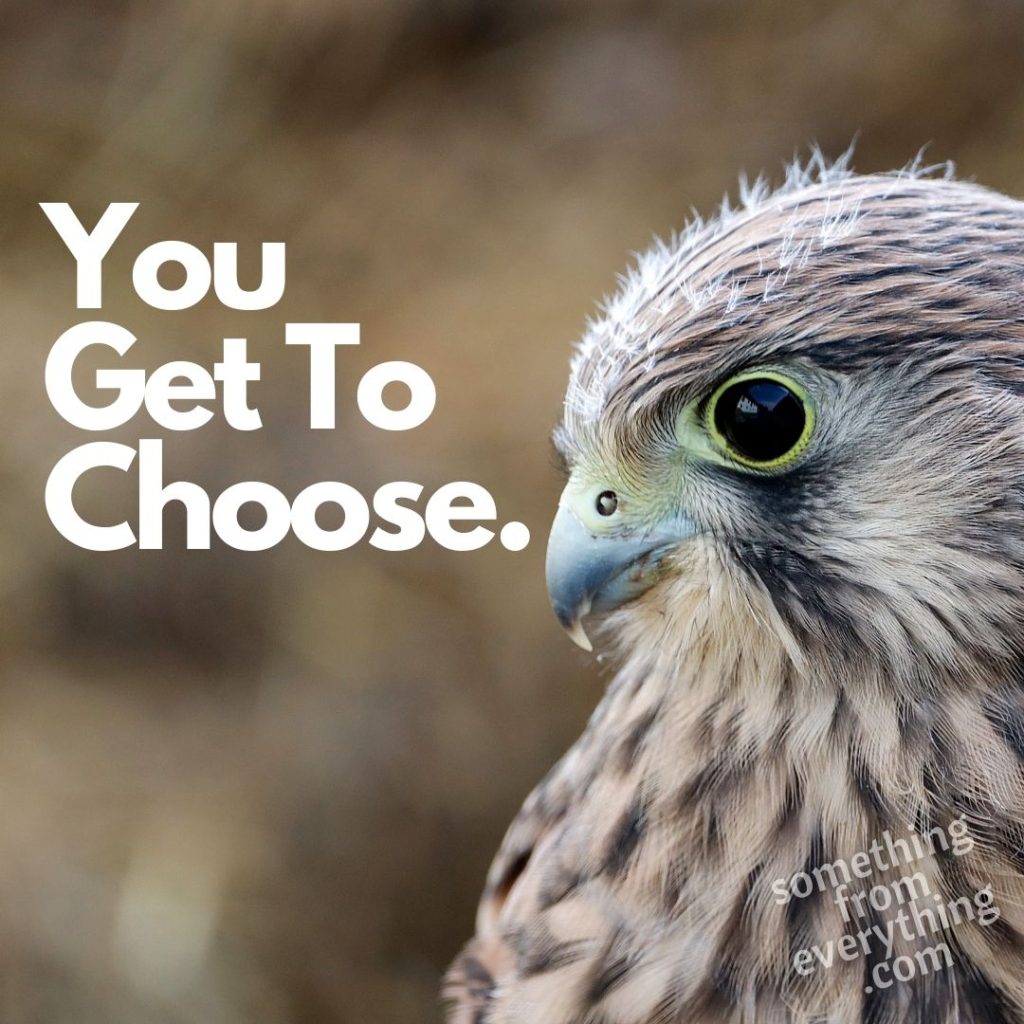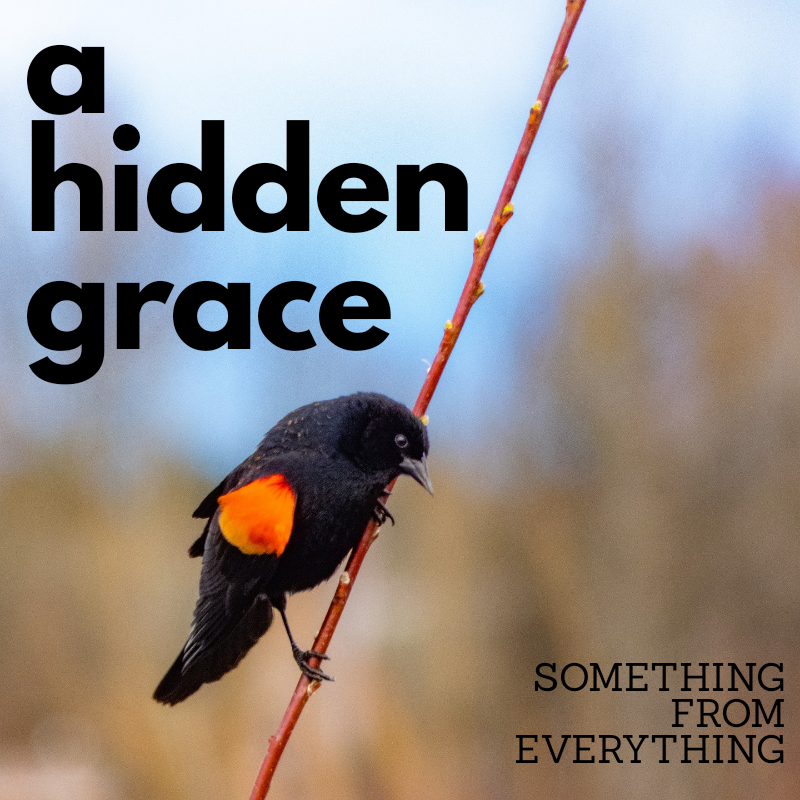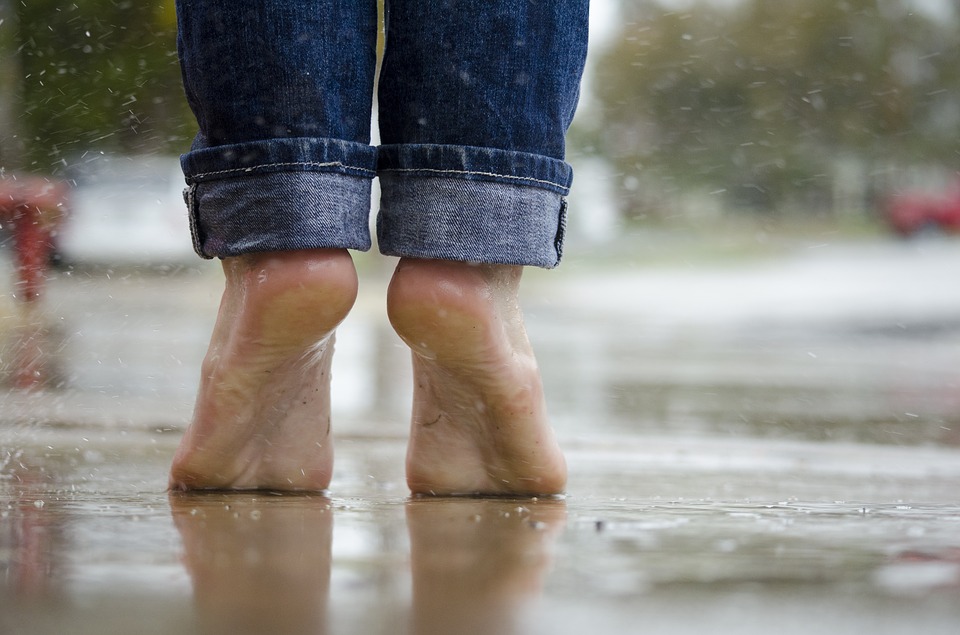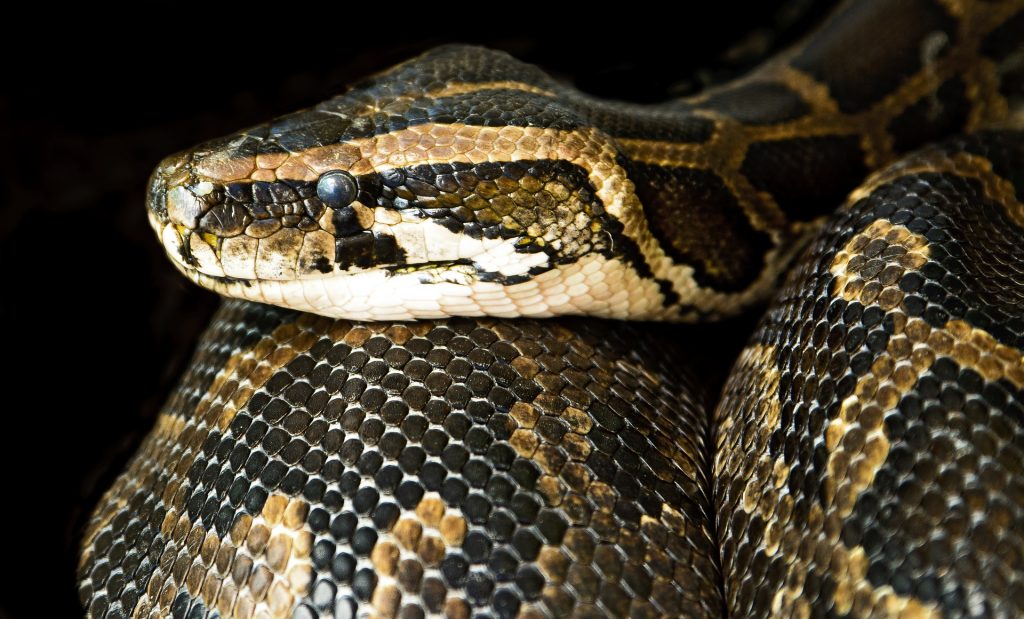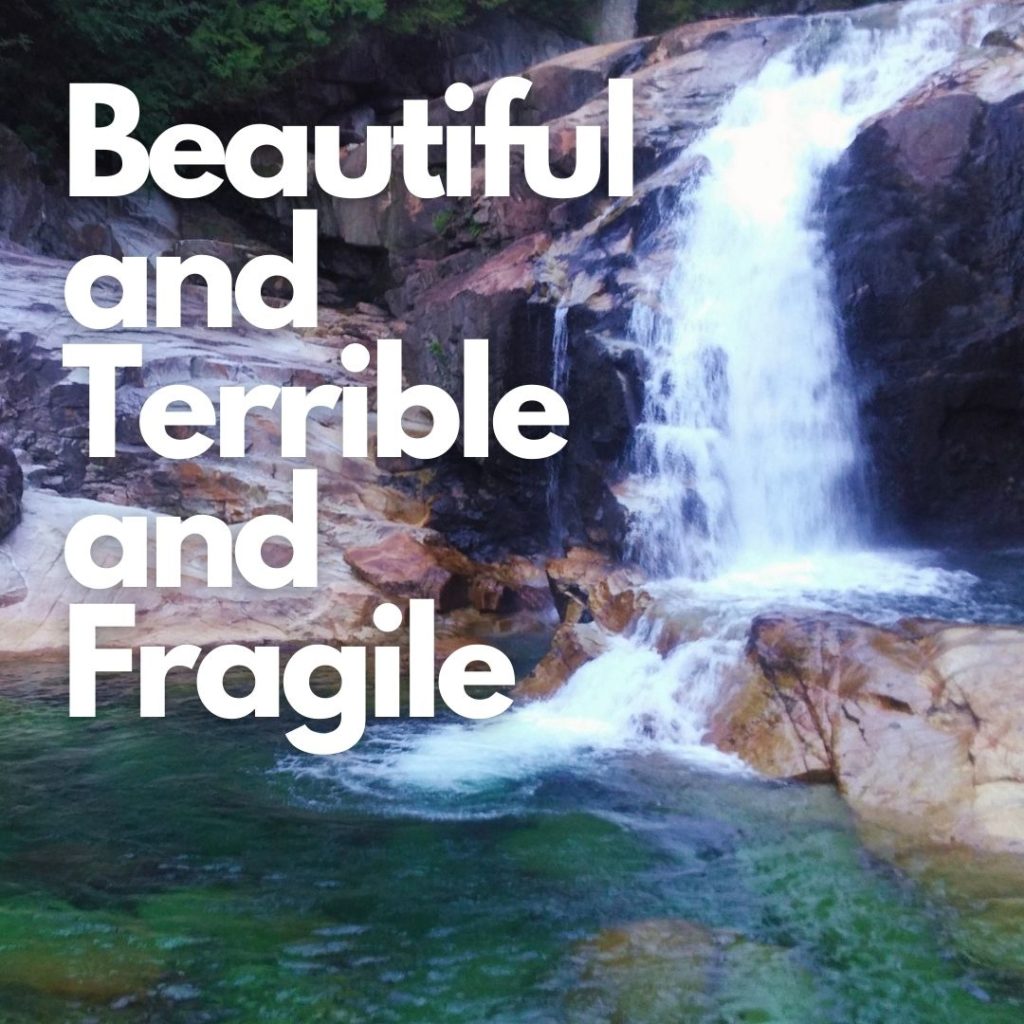
The hike up to Gold Creek Falls is well worn, appropriately marked, family friendly, and safe.
In fact, the word ‘hike’ hardly seems appropriate. The path to the falls is only a little over two kilometers and on any given weekend in the summer you will find it crowded with tourists and locals alike. The route can be easily traversed in inclement weather, with minimal preparation, and with any manner of footwear (both Crocs and thong sandals have made this trek).
The falls reside within Golden Ears Provincial Park, just outside of Maple Ridge, British Columbia. Sitting in the shadow of the Alouette and Golden Ears twin mountain ranges, the park is home to old growth Hemlock forests and ancient Western Red Cedars and Douglas Firs. Within the park is a large campground where the tops of the trees create a patchy canopy and young kids can be seen running with abandon, hiding among the gnarled and ancient roots, and building makeshift forts and lean-tos with the soft moss and fallen branches that litter the forest floor.
We have camped a number of times in Golden Ears Park, and each time we do, we traverse the well worn path to the falls. On our most recent visit, our family diverged from the crowded path at the midway point, following the river to the base of the falls. We splashed in shallow water running over smooth river stones, and leapt across large boulders scattered near the base of the falls. We baked in the scorching July sun, and then plunged ourselves into the icy pools of runoff some 30 feet from the falls. We would return to the rocks to dry off, clinging like starfish to their surfaces and absorbing their heat, our lips purple, skin pale and teeth chattering.
Then we ventured closer to the mouth of the falls themselves.
The immediate basin of the falls was above us, and partially obstructed from where we were swimming and suntanning. I led the way with my children, scrambling up nearby boulders and edging my way around the largest rock surface, until the basin was in front of me. Only as you turn that final corner do you realize how powerful the falls really are. The same large rocks that had obstructed our view had also obscured the sound of it. A deafening tumult of sound, the force of the water pummeling down endlessly into the basin. The temperature drops immediately, the mist and spray from the falls suddenly everywhere, making each surface surrounding it slick. The torrent creates its own private windstorm, the wind surrounding and encircling you.
I became terrified. It was suddenly unnerving how near the edge I was, and how my eldest child was only a few feet behind me, beginning to turn the corner towards the basin herself. We were entirely too close to something so great and terrible. I yelled for her and her brother to turn around, but my voice was nearly inaudible in that storm. I pointed back the way we came, and held their hands as we edged back away from the falls, and returned to our onlooking family at the edge of the river.
As we returned to the security of the onlooking path, somebody screamed. Continued screaming. A small white dog had been playing with her owner at the top of the falls when it ventured too far and got carried away by the current and pulled over the edge. The owner of the dog continued to scream as she hastily scrambled down the ledge. I returned to the basin I had just left and found her staring wildly and screaming at the roiling surface. I grabbed the largest nearby stick I could find nearby, at least five feet in length, and began prodding the water. I don’t know what I expected, but as I plunged the stick as deep as it could go, I met no resistance. I pushed the stick around the edge of the basin, and it was wider than I anticipated. There was a shelf of rock underneath and all around the edge of the pool. The constant tumult had ebbed and eroded the smooth rock deeper than I could plumb, and wider than I could see from the surface.
We stayed at the edge of that basin for a long while, and eventually the screaming subsided, but we never found that dog. I don’t know if they ever did. A quick online search reveals multiple stories of those who underestimated their proximity to danger. As I write this, four people have died in as many years. I discover a story of a woman who fell over the falls trying to rescue a friend who had also been swept up by the current. I read a story of a 24 year old male who was presumed dead after falling over the falls, search and rescue teams being unable to ever locate his body.
The falls are beautiful, but they are not safe.
I have a picture of my kids and I near the edge of the basin that day. The photo was captured by my wife from a distance, before any of this occured. It is a stunning picture, but to this day it makes me shudder. The scene appears still and serene, completely devoid of the awesome terror of standing at the edge of such brutal force. That day, and the picture of it reminds me how beautiful and terrible and fragile everything was, without my awareness. All at once together, and inseparable.
It’s worth noting that you don’t need to go down to the mouth of the falls to appreciate them. Most do not. You can see the entirety of the falls from atop the high lookout at the end of the well worn path. You can hear the muted sound of it, a low roar that blends seamlessly with the chatter of the onlookers. You might even feel some of the light spray. The lookout is a fine place to take in the beauty of the falls, but it might be easy to forget how powerful they are, or how fragile you are, from such a distance. Indeed, that forgetting might be the greatest danger of all.
Perhaps sometimes we need to be uncomfortably close to see things as they really are. To shock us, to wake us up. To remind us that some things look safe and predictable, only from a distance. That things may appear simple at first glance, and intricately complex up close.
Perhaps when we draw near, quite a few things will reveal themselves as beautiful and terrible and fragile. And worth a closer, trembling look.
